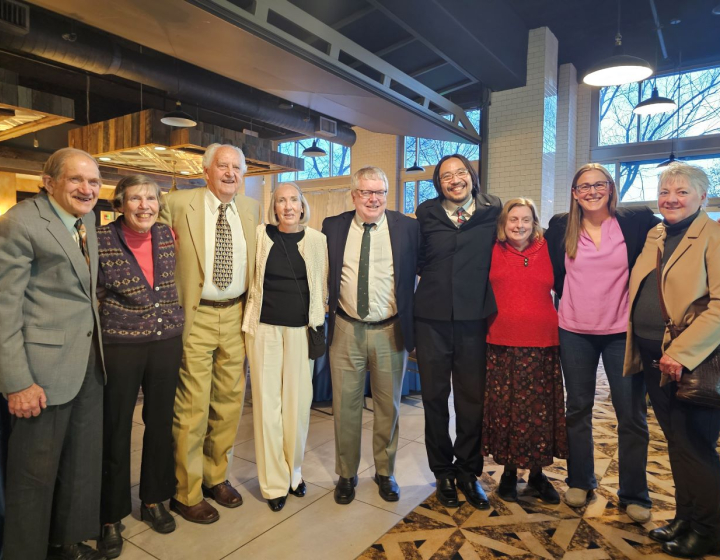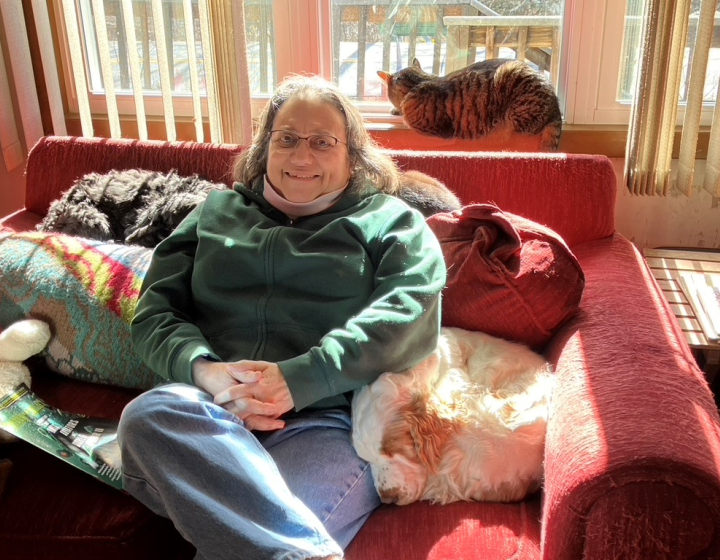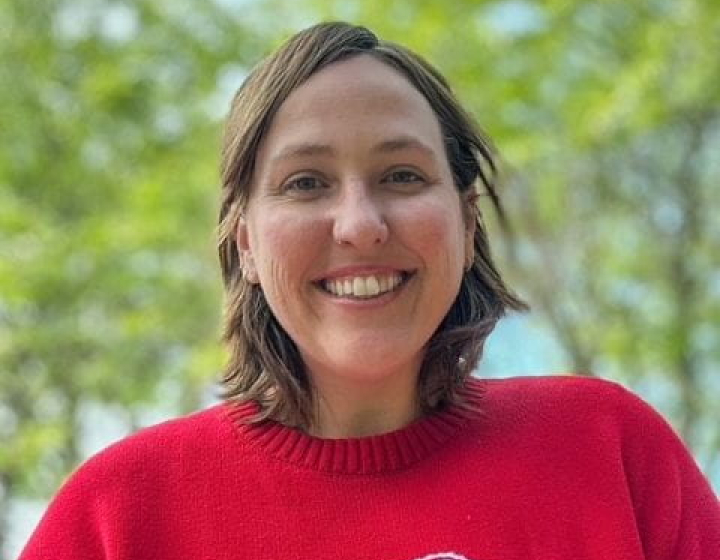Founding director of the Center for Vertebrate Genomics, Dr. John Schimenti, steps down
After 15 years of leading the Center for Vertebrate Genomics (CVG), Dr. John Schimenti, professor of genetics, has left his position as director of the thriving center.
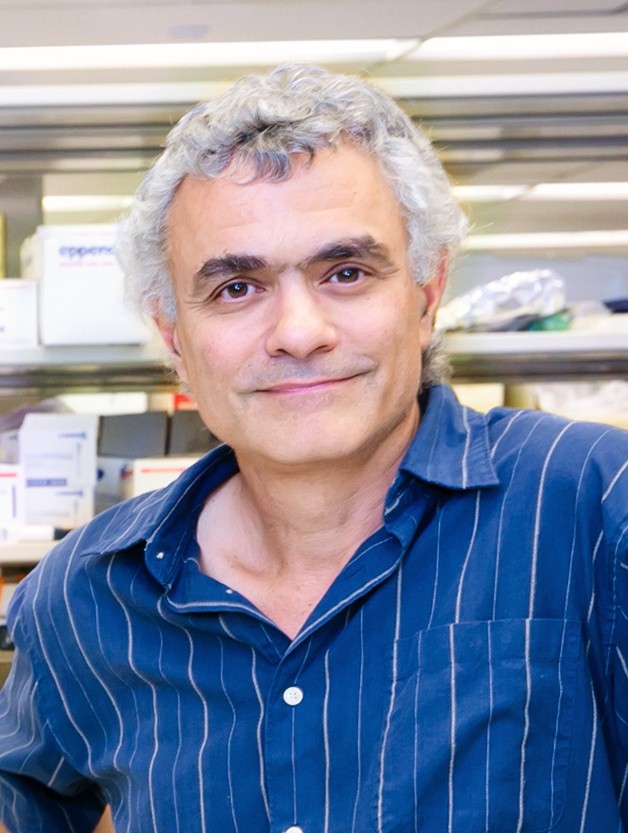
During his tenure, Schimenti built a cross-campus community of genomics researchers who found a second home in the CVG. Through these relationships, the center has advanced genomics research at Cornell University and beyond. He leaves the leadership of the center in the capable hands of Dr. Praveen Sethupathy ’03, associate professor of biomedical sciences, who was unanimously nominated to take over as the new director.
“The creation of the CVG by John, and the recruitment of Charlotte Williams as assistant director, was a game changer for the Ithaca campus,” said Dr. Paula Cohen, associate vice provost for life sciences and professor of genetics. Cohen is a member of the center and oversees its financial support from the university. “For the first time, the CVG – or “Verge” as it is affectionately known – brought researchers together from every corner of the campus to learn about, and from, each other. Without a doubt, Verge has been one of the most effective enterprises for propagating state-of-the-art technologies and fostering new collaborations amongst life sciences on campus. John’s vision has been a huge success, and I am excited to see it grow and diversify under Praveen’s leadership.”
Cross-campus proposal
When Schimenti first interviewed at Cornell in 2001, through an initiative to recruit new life sciences faculty, he turned down the offer. He didn’t want to be the sole mammalian biologist, even at an Ivy League university, and was reluctant to leave the supportive research environment he enjoyed as a scientist at The Jackson Laboratory in Bar Harbor, Maine. “Everyone there did mouse genetics, so as a mouse geneticist it was an ideal place to do research,” said Schimenti. “But there was only mouse genetics.”
Three years later, Cornell had made great strides in recruiting life sciences faculty, so Schimenti came back with a proposal. He wanted to start a university-wide center that would unite researchers from various departments to further genomics research on campus. Cornell agreed and in 2004 the CVG was born.
Armed with generous support from the office of the Vice Provost for Research, currently Emmanuel Giannelis, Schimenti built up a critical mass of researchers interested in genomics. The center now includes more than 90 members from fields spanning biomedical sciences, biological engineering, nutritional sciences, neurobiology, computational biology and natural resources, among others.
Sharing knowledge
Each month, members present their latest research at the Verge meeting and the CVG journal club meets to discuss new genomics papers. The entire group meets annually for the CVG Symposium to learn about advances in vertebrate genomics outside of Cornell. These gatherings enable members to learn about research on campus that they may not hear about otherwise, and to keep pace with emerging technologies in the field.
Perhaps the CVG’s most transformative function, however, has been to distribute small seed grants to fund pilot projects. Faculty who receive funds can leverage their findings to apply for larger extramural grants. CVG also gives awards to graduate students and postdoctoral trainees, called Vertebrate Genomics Scholars, who meet frequently and forge relationships across departments.
In his time as director, Schimenti witnessed a seismic shift in the technology available to genomics researchers. “The technology is just radically more powerful,” said Schimenti. “Fifteen years ago there were no smart phones, limited content on demand on the internet – and those advances are more or less paralleled in genomics.”
Passing the torch
Schimenti is still a member of the center, but handed leadership responsibilities to Sethupathy prior to the fall semester. “Now I can sit back and enjoy it more,” he said. While he says that running the CVG has had a positive impact on his work through new collaborations and by keeping abreast of new technologies, he looks forward to giving his full attention to his research. Schiment’s lab studies reproductive genetics, and how mammals avoid mutations and maintain their genomes. “This is a kind of golden era and I want to be more of a part of it,” said Schimenti.
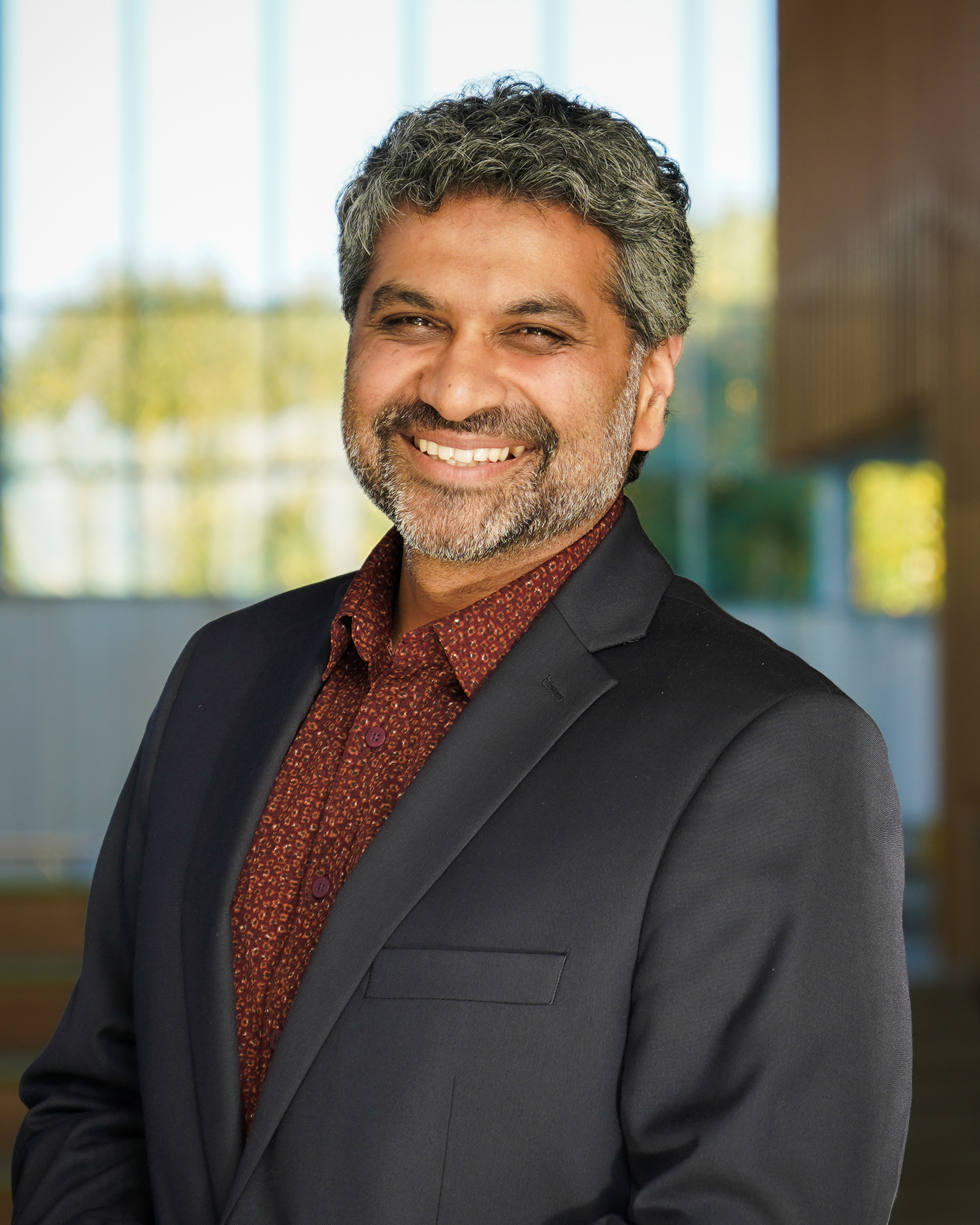
“John has been a tremendous leader for the CVG,” said Sethupathy. “He’s done an incredible job of creating a very inclusive center, at the core of which is an open, collegial community. I very much hope to continue that tradition. Also, due to continued support from the Office of Vice Provost for Research, we can further expand our commitment to the seed grant and scholar award programs.”
Going forward, Sethupathy is especially interested in finding ways to boost diversity and inclusion within genome sciences at Cornell, particularly with an eye toward increasing representation from different genders, ethnicities and training backgrounds. He also hopes to expand collaborations with other research centers on campus. For example, by partnering with the Center for Social Sciences, they could address relevant and timely questions regarding bioethics, race and genetics and how social status impacts a person’s access to technologies like genome sequencing. Additionally, Sethupathy wants to position the CVG to reach out to the community to demystify these new technologies.
Next steps
Sethupathy and Williams are already planning the July 24, 2020 CVG Symposium. “We have an outstanding lineup of invited speakers confirmed, including world-renowned leaders in epigenetics, a 2019 MacArthur “Genius Award” fellow and a trailblazer from Tanzania who is leading the charge to eradicate sickle cell disease from sub-Saharan Africa.” In his own research, he studies genomics and gene regulation, with a focus on gastrointestinal biology and disease, including metabolic and inflammatory diseases of the gut, and liver and colon cancer.
“Genomics can help answer pressing questions in almost every subdiscipline of the life sciences,” said Sethupathy. “It’s really a privilege to step into this position and have the opportunity to think of ways in which to further expand the positive work of the center on campus.”
By Patricia Waldron



